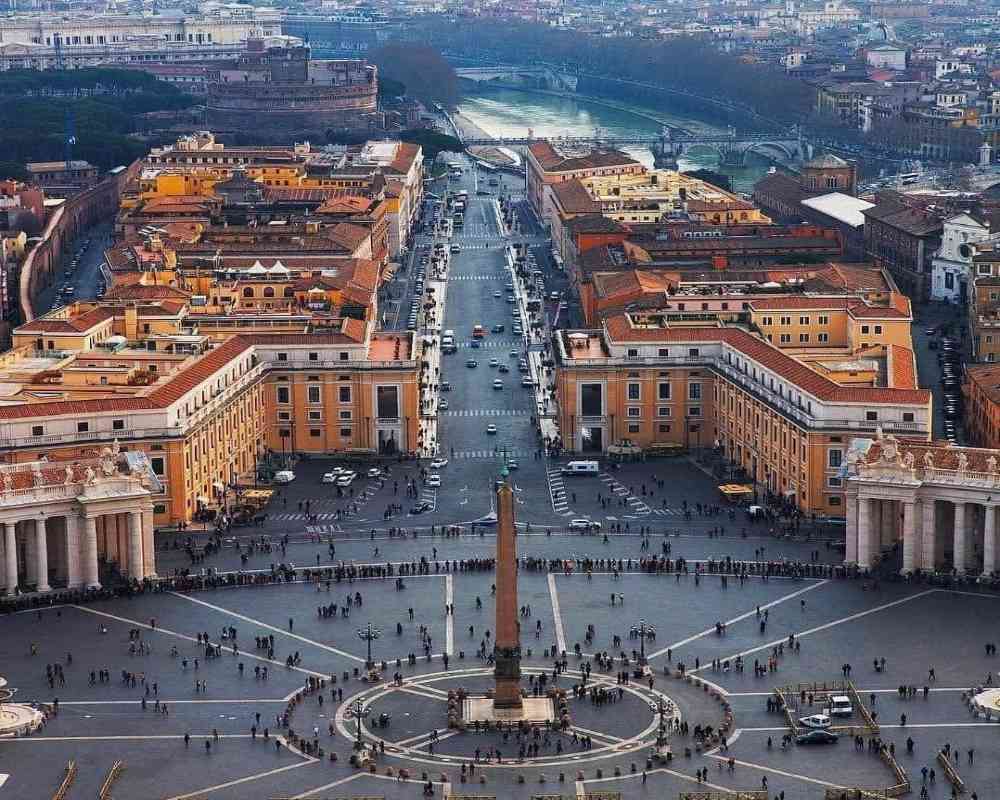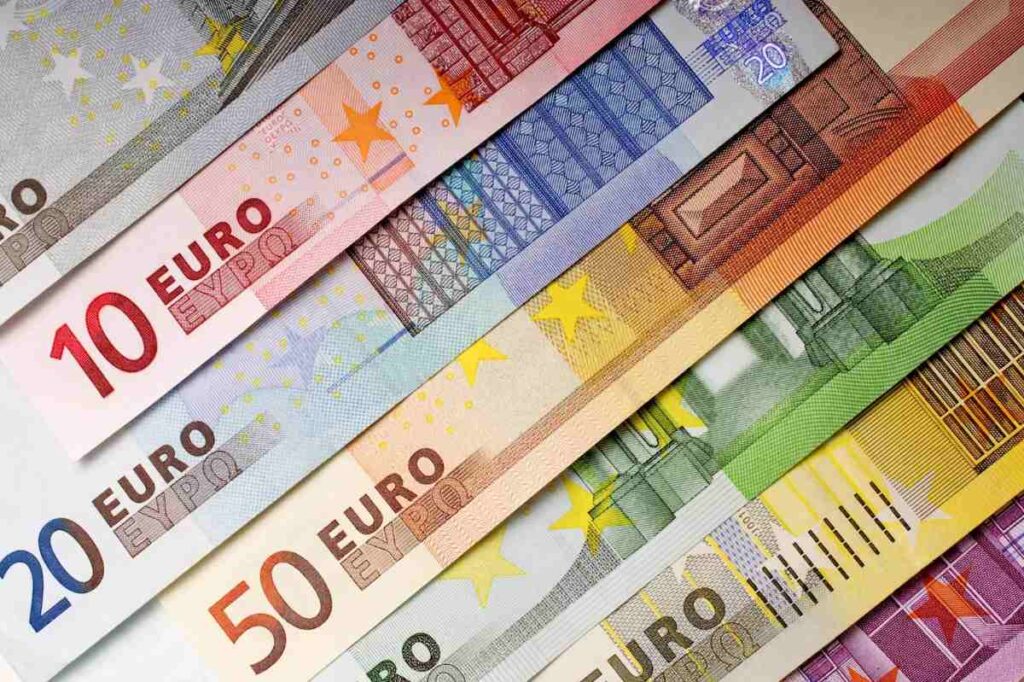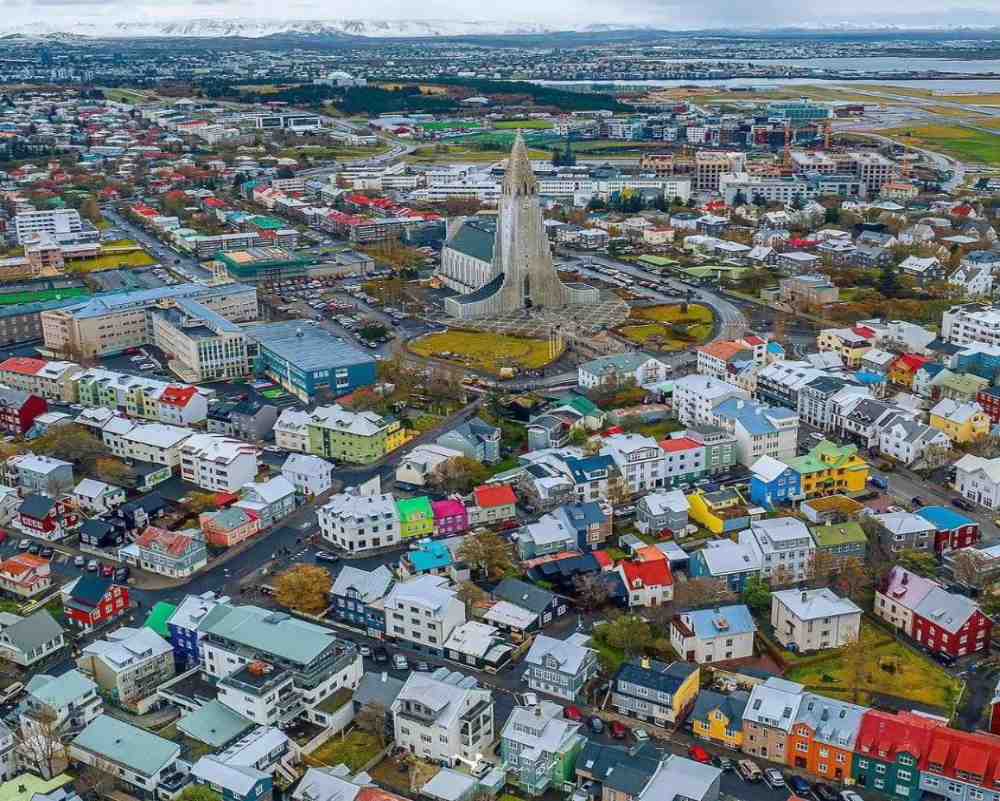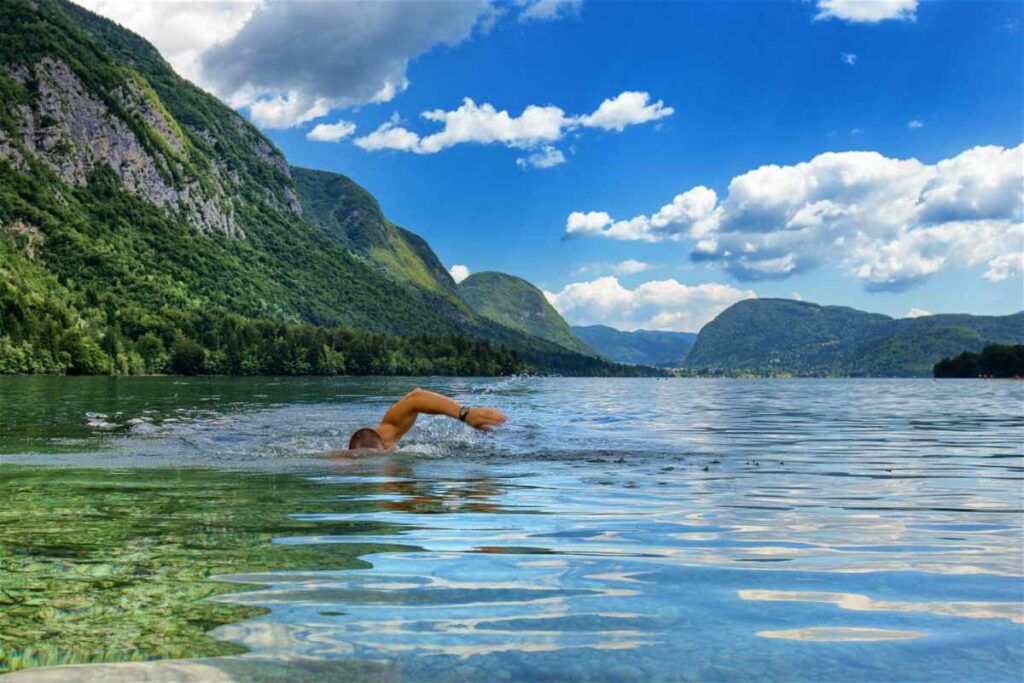If you are looking for vacation spots in Europe, swimming is one of the activities that you are likely looking forward to. Europe has some of the most amazing water bodies in the world. Thankfully, we’ve put together a list of some of the cleanest and freshest bathing waters on the continent.
The European Environmental Agency (EEA) has certified these waters as high-quality bathing spots. According to the agency, most of Europe’s bathing sites are of “excellent” quality. Let’s see the one that stands out.
Croatia is a perfect place for sea swimmers to try out. Its sea waters will contribute the most to your health and happiness. Cyprus, Greece, and Slovenia follow closely, while Bulgaria and Belgium share fifth place.
If you prefer inland waters, four countries, Romania, Ireland, Bulgaria, and Greece, are tied for first place. They are closely followed by Austria and Finland.
If you are looking for the cleanest and freshest waters overall, Cyprus tops the rankings. Austria is in second place, followed by Croatia in third position. So, if you are looking for the healthiest waters in Europe, you know where to go.
ALSO READ: 10 Dreamy Beach Resorts to Stay With Families in Florida
What is the 44th Country in Europe?
Have you ever heard about the 44th country in Europe? It’s the Holy See or Vatican City. If you have, then you are probably wondering what is so special about it. The answer is a lot. The Holy See is a landlocked enclave in Rome, Italy, which doubles as the seat of the Roman Catholic Church.

One of the striking facts about the country is that it’s the world’s smallest nation-state with complete independence. The country sits on the west bank of the Tiber River and has large medieval-styled walls as its boundary.
The country’s largest building is the St. Peter’s Basilica, the central Roman Catholic cathedral. The building dates back to the 4th century and rests on the tomb of a popular Christian figure, the Apostle Peter. It runs a papal system of government called the Holy See. The pope, who doubles as the Bishop of Rome, is its leader.
The Vatican City has a number of things any independent nation would have. These include its banking system, telephone system, radio stations, and intelligence service. It has a group of security personnel called the Swiss Guard, who are in charge of the Pope’s protection.
However, the country has some inadequacies. It doesn’t have water, electricity, or gas. It imports all these supplies, including its food. The nation doesn’t collect income tax. It derives its revenue from the contributions of over one billion Roman Catholics across the globe. It also generates income from the sale of publications, stamps, and coins.
The Vatican City received full independent status in 1929 after it gained the recognition of the Italian government. As of August 2024, its population is less than 1,000, mainly comprising priests, nuns, and a few hundred lay inhabitants.
What is the Best European Country to Live in?
If you intend to go on vacation or relocate to Europe, finding the best European country to live in can be pretty helpful. That’s because there are lots of incredible countries to pick from. Besides the cleanest swimming spots, there are several other crucial considerations.
You want to make the best choice that reflects your lifestyle and matches your interests. You might also consider your budget. Researchers have asked expatriates to rank the countries they’ve visited.
Interestingly, only one European nation made it to the top 10 of the best countries to move to—Spain, which sat in 4th position in the ranking. For many reasons, 84% of expats gave it a thumbs up.
They mentioned a number of reasons why Spain is a great destination, such as the cost of living, healthcare, and climate. In the area of quality of living, Spain has been number one for the third year in a row. It also took third place in healthcare, as expats hailed the affordability and quality of its health services.
ALSO READ: 25-Year-Old Struggling With Neurological Disease Suffers From Insomnia
What Is the Currency That Most of Europe Uses?
Most European countries share the same currency, which is the Euro. It was launched as a monetary unit in 1999. The European Central Bank, which came into existence in 1998, oversees the euro. Currently, 20 of the 27 European Union (EU) member nations use this currency.
These countries include Spain, Italy, Austria, Belgium, Croatia, France, Portugal, Germany, Finland, Cyprus, Greece, and Ireland.

Others are Estonia, Latvia, Malta, the Netherlands, Luxembourg, Lithuania, Slovakia, and Slovenia. This means that around 341 million people use the currency. The countries that use the euro collectively form what is called the Eurozone.
Which Country in Europe Has the Highest Job Opportunities?
According to 2024 stats, the Netherlands and Iceland should top your list of European destinations in the area of employment. That’s because Iceland has the highest employment rate in all of Europe.

The northwestern European nation of the Netherlands has the highest employment rate in the European Union, at an enviable 82.1%. Malta takes the second spot at 78.8%. On the other hand, Italy has the worst reputation in terms of job opportunities, with a dismal employment rate of 61.6%.
You Might Also Like:
Naomi Campbell on Being a Mom of Two: “It’s the Biggest Joy”
Kevin Hart Rehashes What Led to His Drug-Fueled 2017 Scandal in New Court Filing
Joe Rogan Blasts CNN, Calls the News Organization “Untrustworthy”
“The Notebook” Actress Gena Rowlands Passes On at 94 After Dementia Diagnosis
